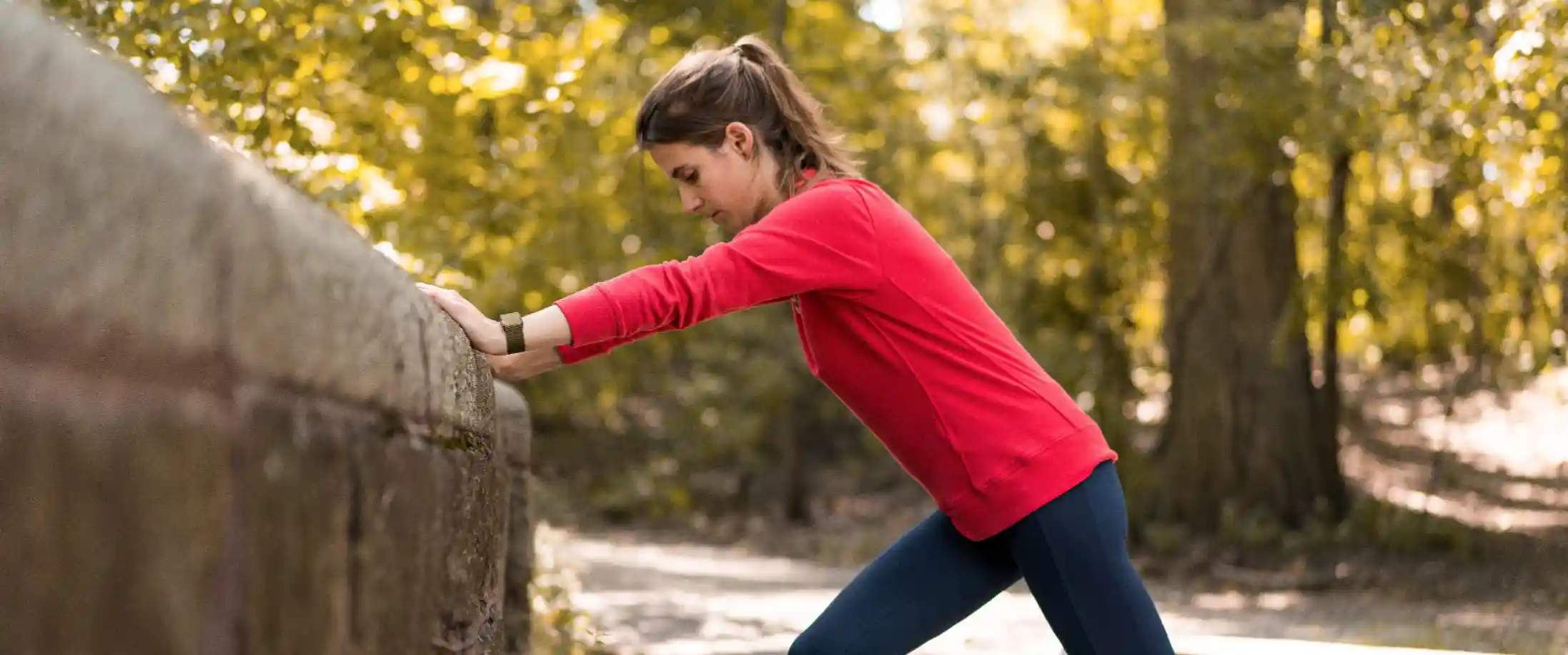Topics
- Article
#WHOOPEd Weekly Digest, Vol. 21

Continuous strength training for improved running, increased injuries from lack of sleep, and doctors prescribing a healthy diet?
Monday, September 25
Chronic Lack of Sleep is Associated with Increased Sport Injuries in Adolescent Athletes
- Milewski et al. performed a retrospective study which evaluated 160 middle/high school athletes and injury vs. sleep.
- The study demonstrated that amount of sleep per night is associated with risk of injury for adolescent athletes.
- The strongest predictor of injury was less than 8 hours of sleep, 65% of athletes who reported sleeping less than eight hours per night were injured.
- Previous studies show that collegiate basketball athletes who could increase their sleep to 10 hours a night were able to sprint faster, shoot more accurately and had improved subjective ratings of “physical and mental well being.”
- Take home point: Get Sleep!
Tuesday, September 26
Runners, Never Stop Strength Training Before a Competition
- Karsten et al. performed a study where 16 moderately trained recreational endurance runners trained for 6 weeks for a 5K race.
- One group did endurance training only, while the other endurance trained concomitantly with resistance strength training.
- Strength sessions occurred 2 times per week with 4 exercises at 80% of one repetition max (romanian deadlift, parallel squat, calf raises and lunges).
- 5K time trial performance was significantly improved in the group that strength trained with the endurance training.
Wednesday, September 27
The Shorter You Sleep, The Shorter Your Life: The New Sleep Science
https://www.theguardian.com/lifeandstyle/2017/sep/24/why-lack-of-sleep-health-worst-enemy-matthew-walker-why-we-sleep
- Matthew Walker, the director of the Center for Human Sleep Science at the University of California Berkeley, believes that we are in the midst of a “catastrophic sleep-loss epidemic.”
- Why are we so sleep deprived?
- Lights 24/7 in big cities
- Work demands and commuter times
- Alcohol and caffeine
- Sleep is synonymous with laziness
- Advice for successful sleep habits: Go to bed and wake up at the same time everyday.
- Adults 45 years or older, who sleep less than 6 hours a night, are 200% more likely to have a heart attack or stroke in their lifetime compared to those sleeping 7-8 hours a night.
- One night of modest sleep reduction will speed the rate of the heart, hence increasing blood pressure.
- Sleep has a powerful effect on the immune system which can affect our cancer-fighting immune cells. Too little sleep can also significantly raise your risk of developing Alzheimer’s.
Thursday, September 28
When the Prescription Is a Recipe
https://www.nytimes.com/2017/08/09/well/family/when-the-prescription-is-a-recipe.html?
- Many health concerns today can be related to diet, which is why a growing number of doctors and medical groups are beginning to teach patients how to cook.
- According to the medical journal Academic Medicine, only 27% of medical schools in the United States offer students the recommended 25 hours of nutritional training.
- Instead of handing out pamphlets, doctors at the Children’s Hospital of San Antonio teach how to cook healthy food and how to read food labels–what specifically to look for to enhance one’s diet.
- Doctors at the Boston Medical Center can write “prescriptions” for patients to visit a “preventive food pantry,” which allows access to healthy food and addresses nutrition-related illness.
Friday, September 29
The Seven Pillars of Running Wisdom
https://www.runnersworld.com/sweat-science/the-seven-pillars-of-running-wisdom
- Health benefits can be attained from the most modest of programs, even running just 20-30 minutes a day. Studies show that runners are actually less likely to develop knee osteoarthritis.
- Small studies that show various “hot new supplements” have positive results rarely result in bigger studies affirming those results. Stick with the basics; i.e. beet juice, vitamin D and fish oil.
- “Too much too soon” accounts for 80% of injuries according to University of Calgary running guru Benno Nigg.
- Mix it up: Rotating different running shoes on a daily basis is associated with lower risk of injury. Mix up what you eat as well, a varied diet is far superior to any superfood.